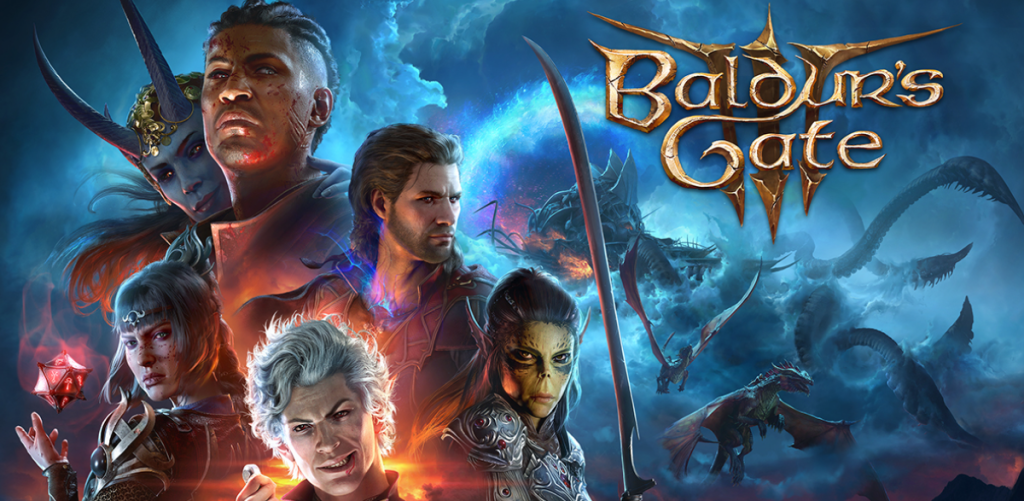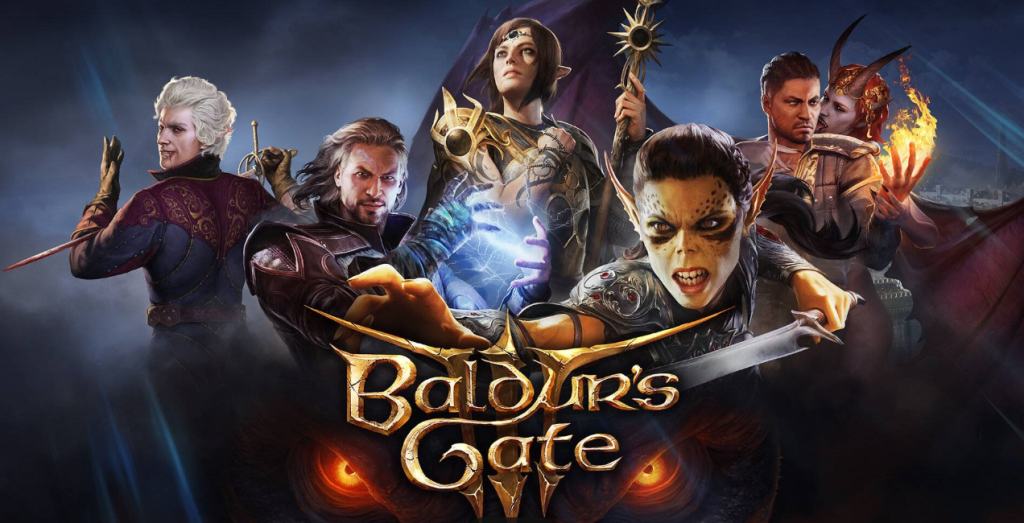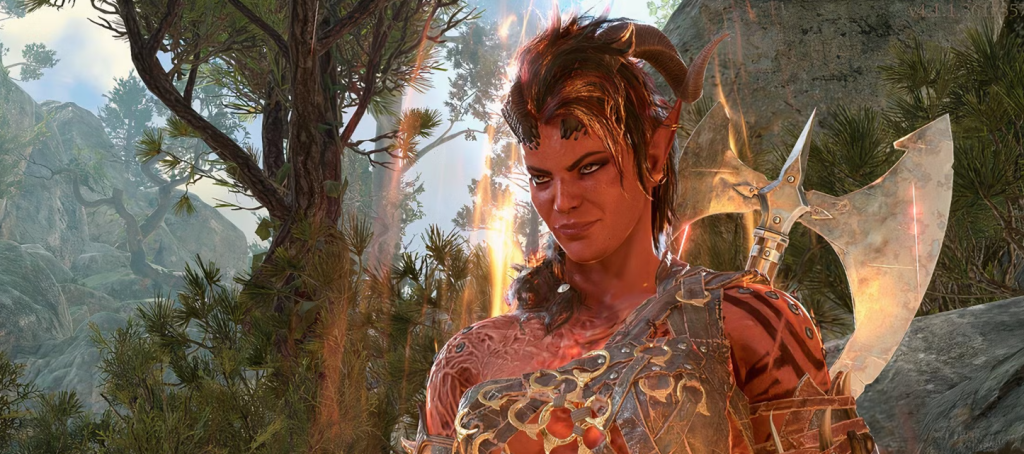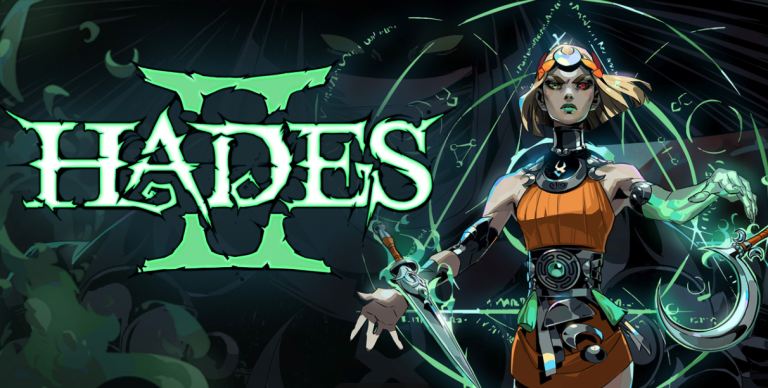
It was a Friday night, and I had just gotten home after a long day at work—one of those days when the stress clings to your skin like humidity. I made myself a cup of tea and opened Baldur’s Gate 3, hoping for a little escape. What I got was something else entirely.
If you’ve ever played Dungeons & Dragons or even just enjoy deep role-playing games, you’ll quickly realize Baldur’s Gate 3 isn’t here to babysit your experience. It doesn’t hold your hand or push you through a funnel of pre-designed choices. Instead, it offers you a world that breathes—chaotic, layered, flawed, and beautiful. It’s not a game you simply play; it’s one you live.
I created a half-elf cleric for my first run. Partly because I’ve always liked the idea of healing others, and partly because I spend most of my real-life workdays solving other people’s problems. In my first battle, I nearly got wiped because I was trying to talk things out instead of fighting. The game didn’t reward that idealism. It punished it, honestly. But in doing so, it also respected it—because in this world, every choice matters, even the foolish ones.

What really got me was the sheer freedom. You can talk, steal, flirt, intimidate, or just… walk away. It’s a rare kind of design that makes inaction just as meaningful as action. And sometimes, what feels like a small choice can ripple out in completely unexpected ways. Like life, really—should you switch jobs? Leave that relationship? The game doesn’t answer these questions for you. It just makes you look at them from another angle.
A friend of mine who works as a therapist also plays this game. He says it reminds him of roleplay scenarios in therapy sessions: people carry wounds, carry trust issues, and you have to earn their stories. A single line of dialogue can reflect your values, your instincts, and even your blind spots. It’s not just about progressing the story; it’s about seeing yourself in the story.
There were nights when I didn’t feel like fighting or making moral decisions. I’d just sit by the campfire and talk to my companions. They’d share memories, regrets, quiet moments. It reminded me of those late-night chats with friends, the ones that aren’t about solving anything—just being there. Honestly, some of the most “game-changing” moments came during those quiet conversations, when someone’s wall cracked just a little, and you saw the person behind the role.

The subtle shifts in facial expressions, the softening of voices when characters begin to trust you—it’s not the cold, mechanical kind of “relationship system” many games have. It’s organic. It grows, slowly, like it should. It made me think about how real-life relationships work too—how trust isn’t something you unlock with a gift, but something you build word by word.
From a technical perspective, the game isn’t chasing ultra-realism, but the lighting, facial animation, and design all carry a kind of warmth. There’s texture and emotion in every detail, even in the way someone frowns mid-conversation. It’s not flawless—there are bugs, clunky UI moments, and the occasional annoying misclick. But those imperfections? They almost feel human.

Baldur’s Gate 3 didn’t just give me an escape. It gave me a mirror. In its fantasy world, I found reflections of my own: indecision, connection, loss, hope. It doesn’t rush you. It doesn’t shout at you to win. It just lets you be, and asks you to choose.
So if you’re wondering whether it’s worth the hours, I won’t tell you yes or no. I’ll just ask: have you been craving a space where your choices actually matter? A space where you can safely make mistakes and learn from them? If so, Baldur’s Gate 3 might be exactly what you didn’t know you needed.
![]()


